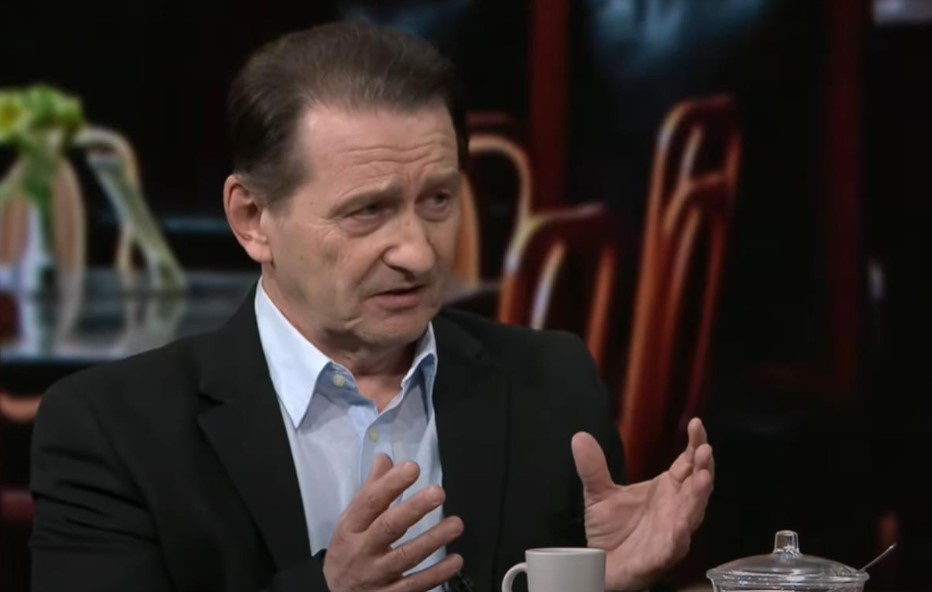“Media freedom and pluralism in the country have not improved since 2021,” the State Department’s report states, among other things, in the European Commission’s Rule of Law Report published in July 2022. The US State Department’s 2022 Country Reports on Human Rights Practices, which also includes Slovenia, states, among other things, that media freedom in our country has not improved in the last year.
Media freedom has not improved with the arrival of the Freedom Movement coalition to power, in fact, it is the exact opposite – we are witnessing even less freedom for dissenting media outlets that do not agree with the opinions of the Freedom Movement coalition. That this is really the case has now been confirmed by the US State Department’s Human Rights Report, which also includes the unreasonable probation sentence given to the editor of the weekly magazine Demokracija, Jože Biščak, for satire. In US legal practice, sentencing an editor for publishing satire is highly unusual and would be seen by many as a witch-hunt against a specific journalist.
“The independent media have been active and have expressed a wide range of views without restriction; however, the European Commission and press freedom NGOs have expressed concerns about media freedom in the country,” the report says, among other things, in the media section. The case of the Demokracija editor Jože Biščak has gotten a lot of attention. The former editor-in-chief of Demokracija and the magazine’s former external collaborator, Aleksander Škorc, were sentenced to probation at the first instance court for their satirical writing. The fact that the editor-in-chief received a heavier sentence than the author of the article, in Biščak’s opinion, shows that the trial itself was politically and ideologically motivated.
The report also mentions the protests by journalists at the national media outlet, Radio-Television Slovenia (RTV Slovenia), against the pressures and decisions of the management appointed under the previous government. The State Department also mentions the collapse of the referendum initiative against the amendment of the Radio-Television Slovenia Act and the announcement by the new government of Prime Minister Robert Golob to strengthen the independence of the public media. As we know, the Golob government’s first priority when it came to power was to take over the public media. For them, RTV Slovenia has a role similar to Pravda in the Soviet Union, which was designed to control and create public opinion, not to inform the public. This was the purpose of the referendum on the RTV Act, which, unfortunately for them, did not materialise.
In addition to the deteriorating situation of the media in Slovenia in 2022, the report notes, among other things, that there have been many reports of government corruption in the past year, which has manifested itself in politically motivated recruitment in state-owned companies and conflicts of interest. The report on Slovenia highlights, among other things, overcrowded prisons and refugee detention centres, citing a lack of staff to process applications and refugees from Ukraine as possible reasons for the latter. According to the rapporteurs, the judicial system remains overburdened, and there are no political prisoners.
The annual Country Reports on Human Rights Practices covers internationally recognised individual, civil, political and labour rights as set out in the Universal Declaration of Human Rights and other international agreements. The US Department of State submits reports to the US Congress on all recipient countries and all United Nations Member States in accordance with the Foreign Assistance Act of 1961 and the Trade Act of 1974.
Ana Horvat


